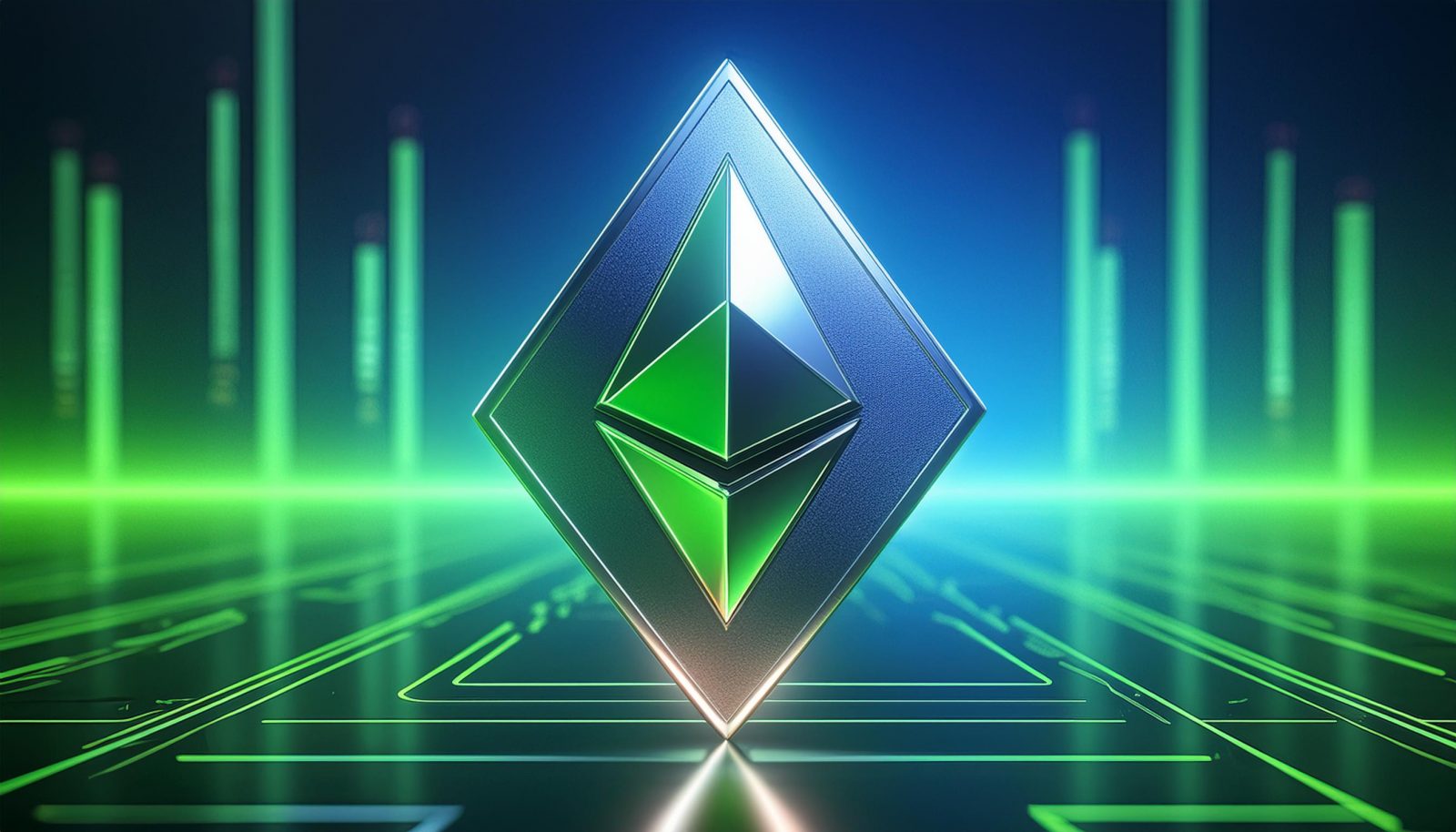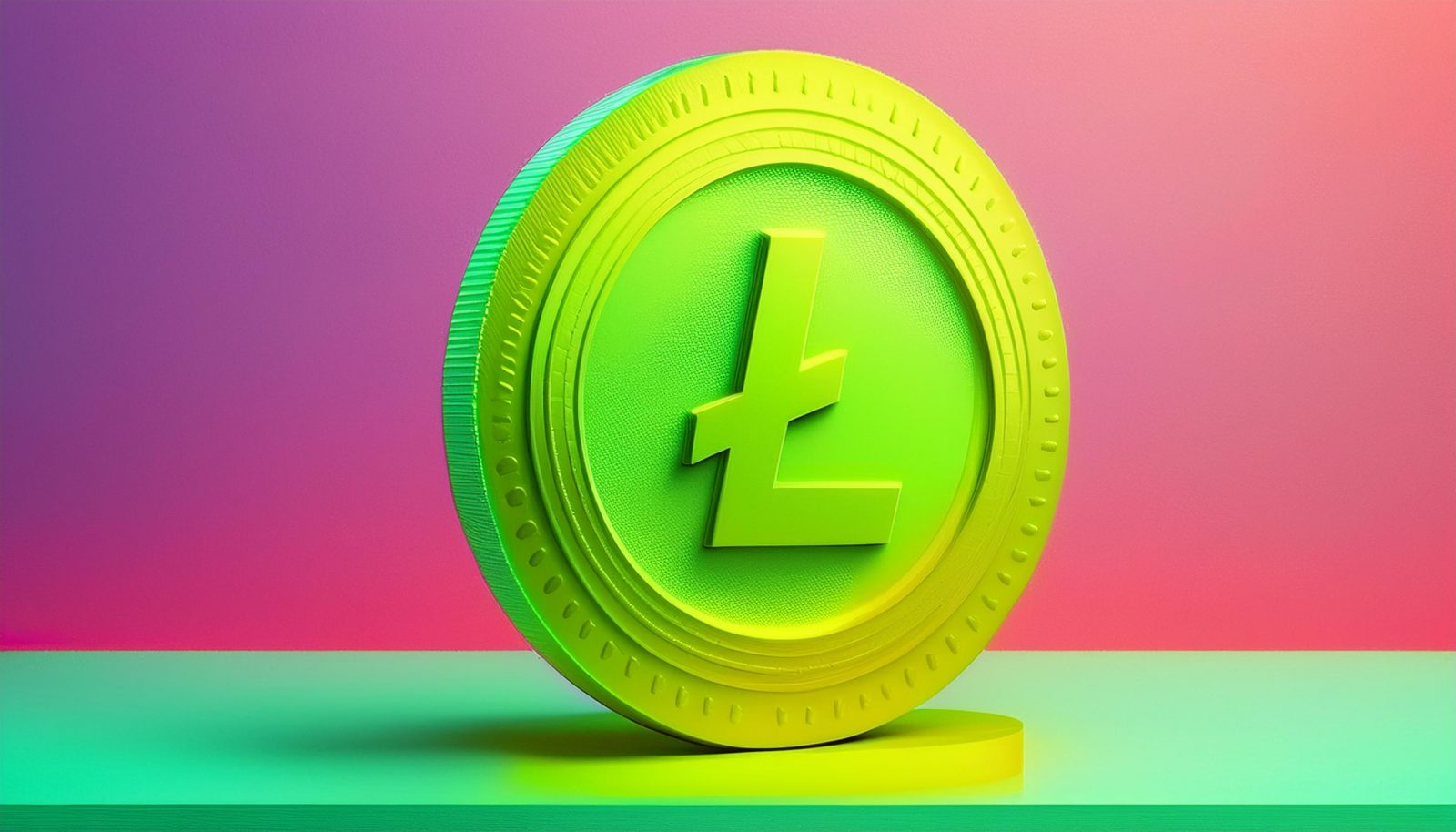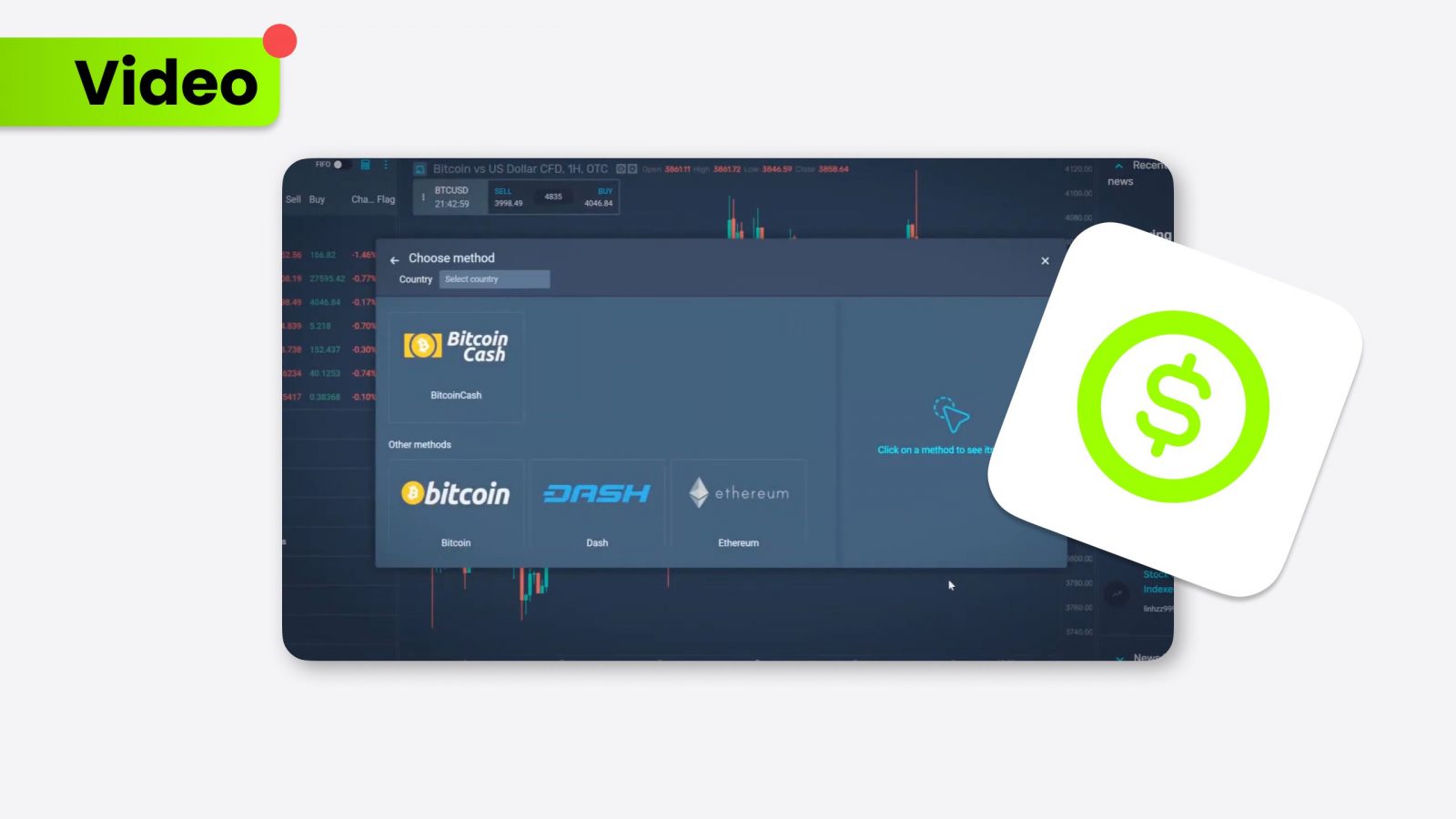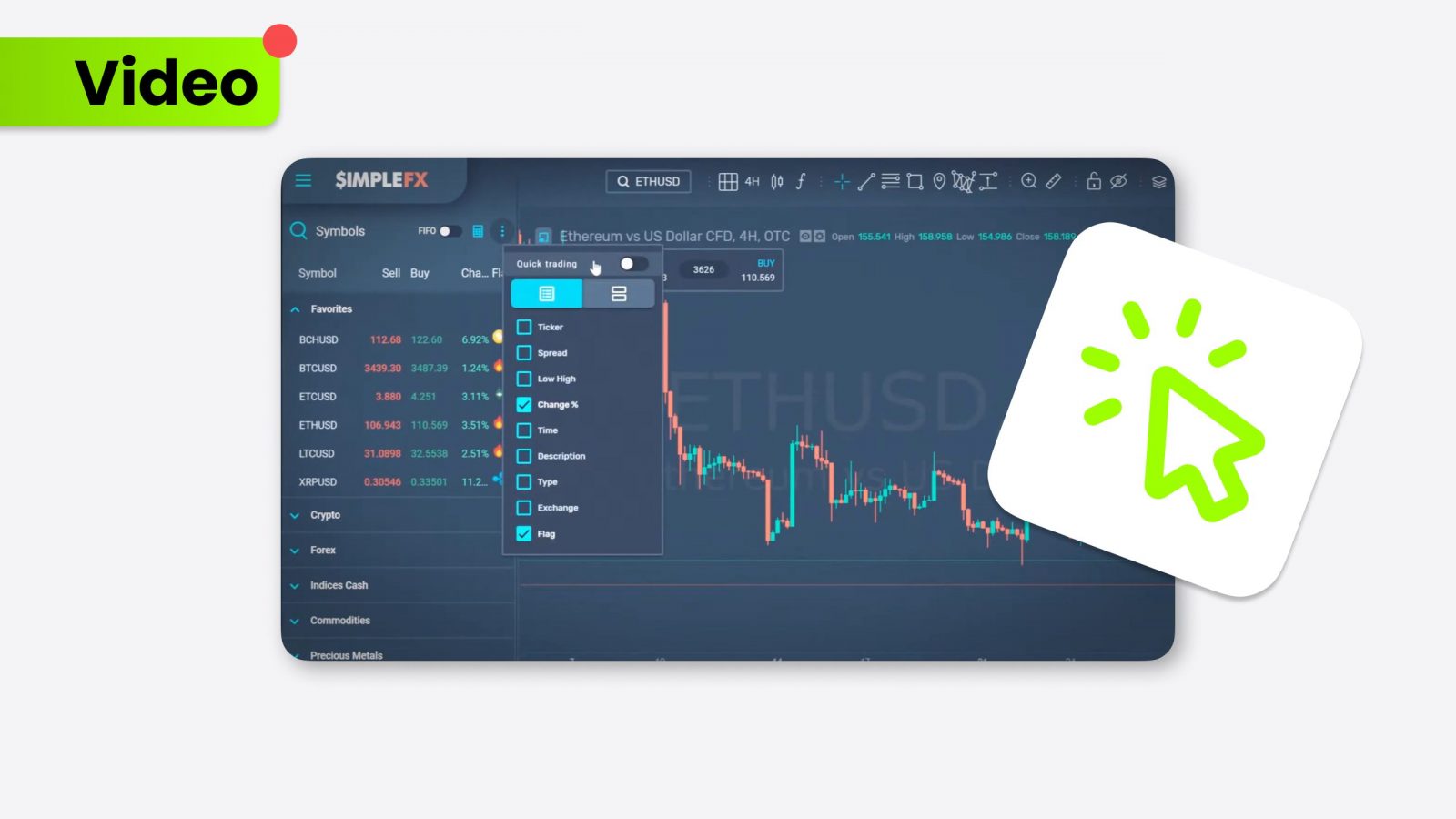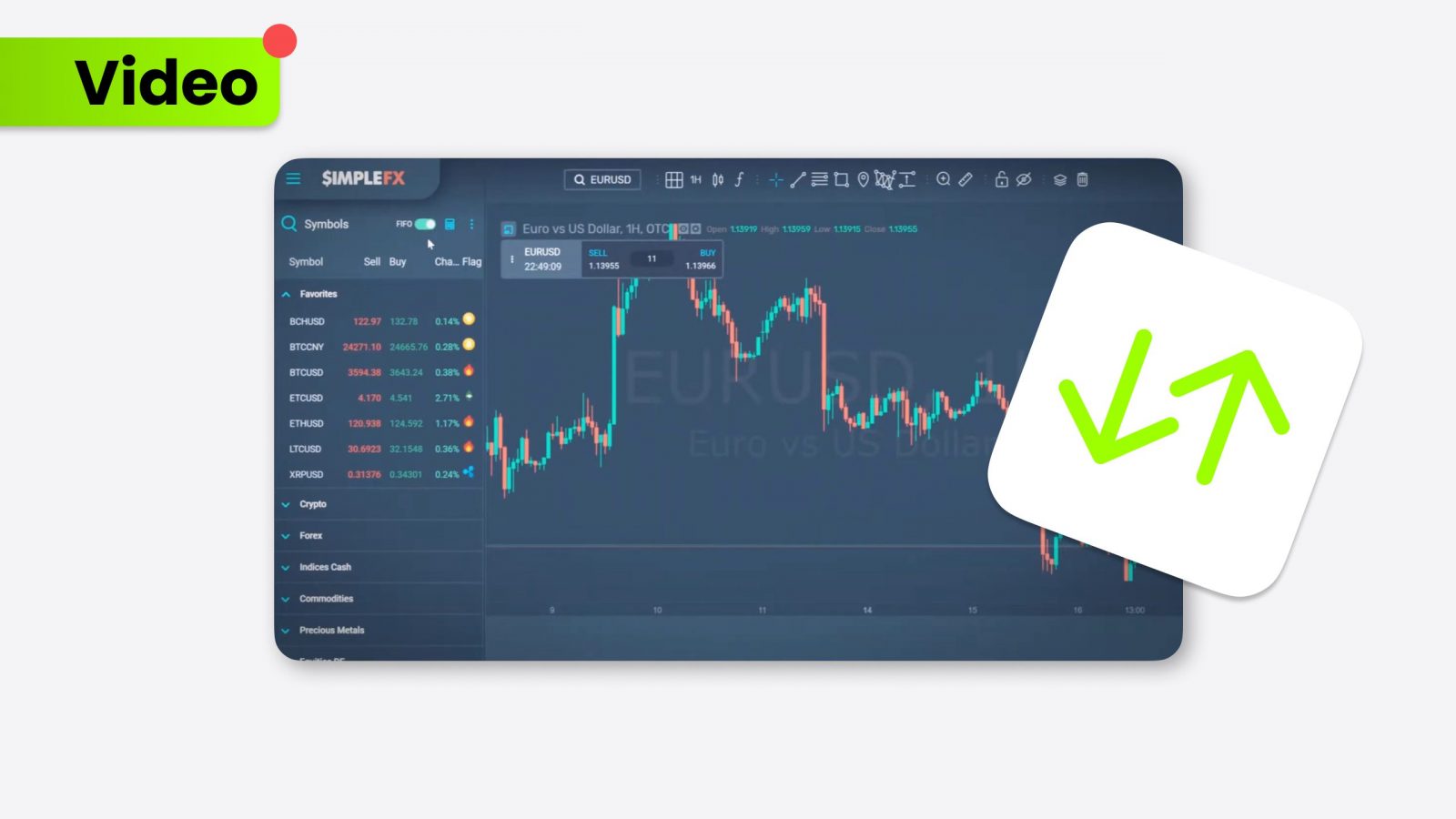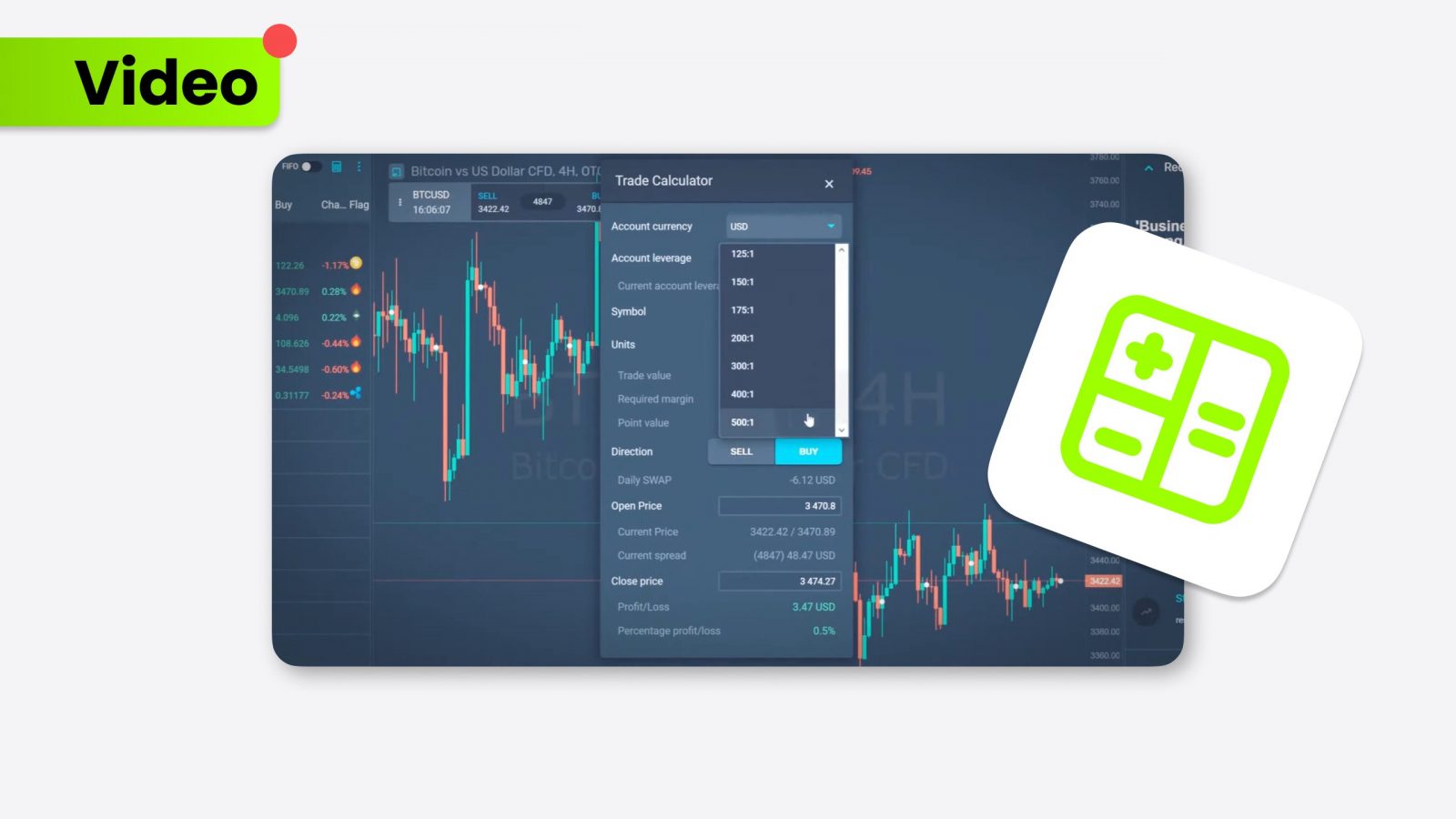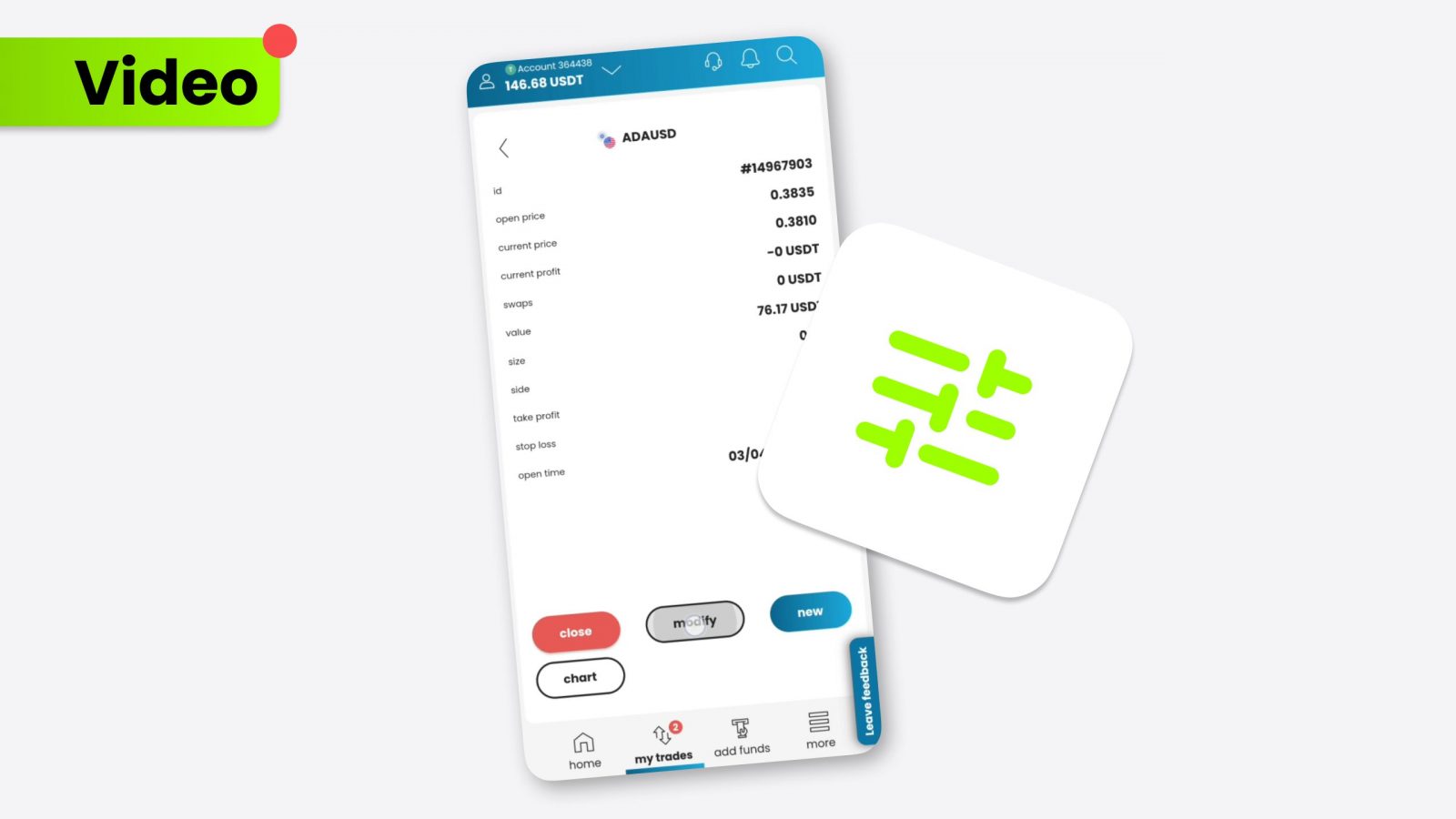In blockchain technology, smart contracts have emerged as foundational elements that drive innovation and efficiency across various sectors. Acting as self-executing contracts, they automatically enforce and verify the terms when predetermined conditions are met.
- Introduction to Smart Contracts: How intelligent contracts automate and enforce agreements without intermediaries using blockchain technology.
- Functional Advantages: The increased security, transparency, and efficiency of smart contracts.
- Impact on Industries: How smart contracts transform various sectors, including finance and supply chain management, by automating complex processes.
Essence of smart contracts
Smart contracts eliminate the ambiguity and inefficiency associated with traditional contracts by embedding the terms of agreements in code on a blockchain. This transformation not only simplifies transactions but also enhances the reliability of digital contracts.
What are smart contracts?
Smart contracts are digital protocols created using blockchain technology. They facilitate, verify, or enforce the negotiation or performance of a contract, operating autonomously without the need for intermediaries. Initially popularized by the Ethereum platform, smart contracts have expanded their reach across various blockchains, enhancing their applicability in various applications, including decentralized applications (dApps) and supporting different consensus mechanisms like proof of stake (PoS). Their immutable nature, once deployed on the blockchain, ensures the integrity and trustworthiness of their execution, making them fundamental components in the functionality of altcoins.
How smart contracts work
At their core, smart contracts are code-stored, verified, and executed on a blockchain. The code outlines the rules and consequences similar to a traditional contract, but the terms are directly written into the code. When predefined conditions are met, the contract automatically executes the agreement’s terms, whether transferring funds, issuing tickets, or recording data. This automation is crucial in the operational efficiency of dApps, leveraging blockchain’s decentralized nature to foster transparent and secure transactions within the altcoin markets and beyond.
Additionally, with the advent of proof of stake, running intelligent contracts’ energy efficiency and scalability have significantly improved, broadening the possibilities for their use in mainstream applications.
Smart contracts: Blockchain technology
With the integration of smart contracts, blockchain technology is set to transform various sectors by introducing unparalleled efficiency and security. These digital contracts minimize reliance on traditional legal systems and intermediaries, and their application has been extended with the development of Layer 2 solutions like Arbitrum and Polygon, which enhance scalability and transaction speed.
Revolutionizing industries
Smart contracts, powered by blockchain technology, have the potential to revolutionize numerous industries by automating complex processes and transactions. In finance, they can significantly streamline payments, lending, and insurance claims, making these processes more efficient and less prone to error. In supply chain management, smart contracts introduce a level of transparency and efficiency previously unattainable by automating verification processes and ensuring payments are made promptly upon fulfilling agreed conditions, such as the successful delivery of goods.
This is made possible through blockchain’s decentralized and immutable nature, which ensures that once a contract is executed, the details and outcomes cannot be altered, providing a secure and trustless transaction environment.
Furthermore, smart contracts play a crucial role in protecting and managing digital rights, offering a robust solution for digital identity and copyright issues by leveraging blockchain’s capability to maintain a secure and unchangeable record of ownership and permissions. This transformative approach streamlines operations across various sectors and introduces a new paradigm for trust and security in digital transactions.
Enhancing transparency and trust
By automating transactions and enforcing contract terms digitally, smart contracts eliminate the need for intermediaries, reducing the potential for disputes and increasing transparency. This fosters a new level of trust in business transactions and agreements, ensuring all parties know the contract terms and the conditions for their execution.
Navigating the future with smart contracts
As we look toward the future, the role of smart contracts in shaping digital transactions and agreements is undeniable. Their capacity to execute terms automatically and impartially promises a more streamlined and transparent digital world.
Challenges and considerations
While smart contracts offer significant advantages, they also present challenges, including technical barriers, security issues, and the need for accurate and tamper-proof external data sources (oracles). Ensuring the quality and security of the contract code is paramount, as bugs or vulnerabilities can lead to significant losses or unintended consequences.
The road ahead
The future of smart contracts is intertwined with the evolution of blockchain technology. As platforms become more user-friendly and secure and legal frameworks adapt to these digital contracts, we can expect wider adoption and innovation in smart contract applications. This will likely lead to more efficient, transparent, and fair systems for conducting business and managing agreements.
Conclusion
Smart contracts are poised to transform how we think about and execute agreements in the digital age. Providing a secure, transparent, and efficient method for conducting transactions without intermediaries opens up new avenues for innovation across numerous industries. For those progressing from basic to intermediate understanding of blockchain technology, grasping the concept and potential of smart contracts is essential. As the technology matures and overcomes current challenges, smart contracts will undoubtedly become more prevalent, further embedding blockchain technology as a crucial component of modern digital infrastructure.














